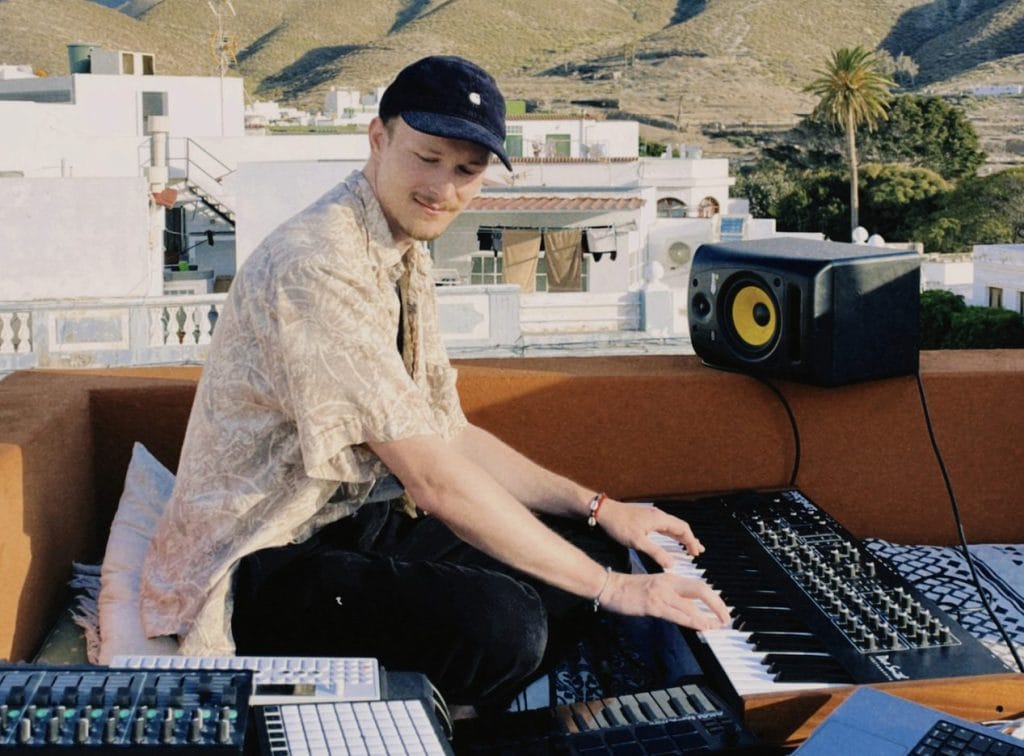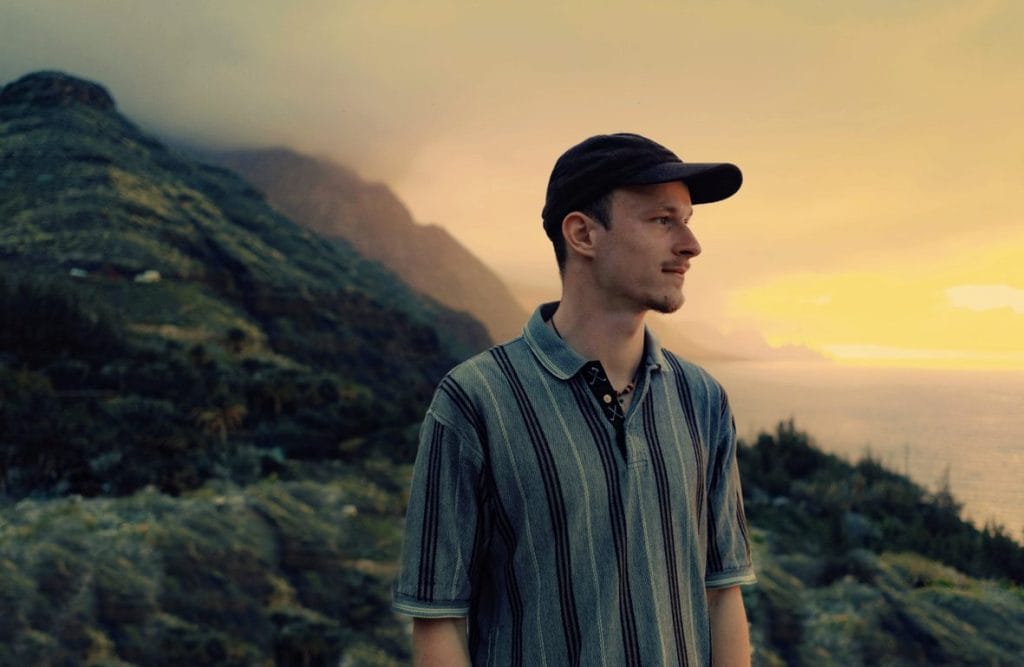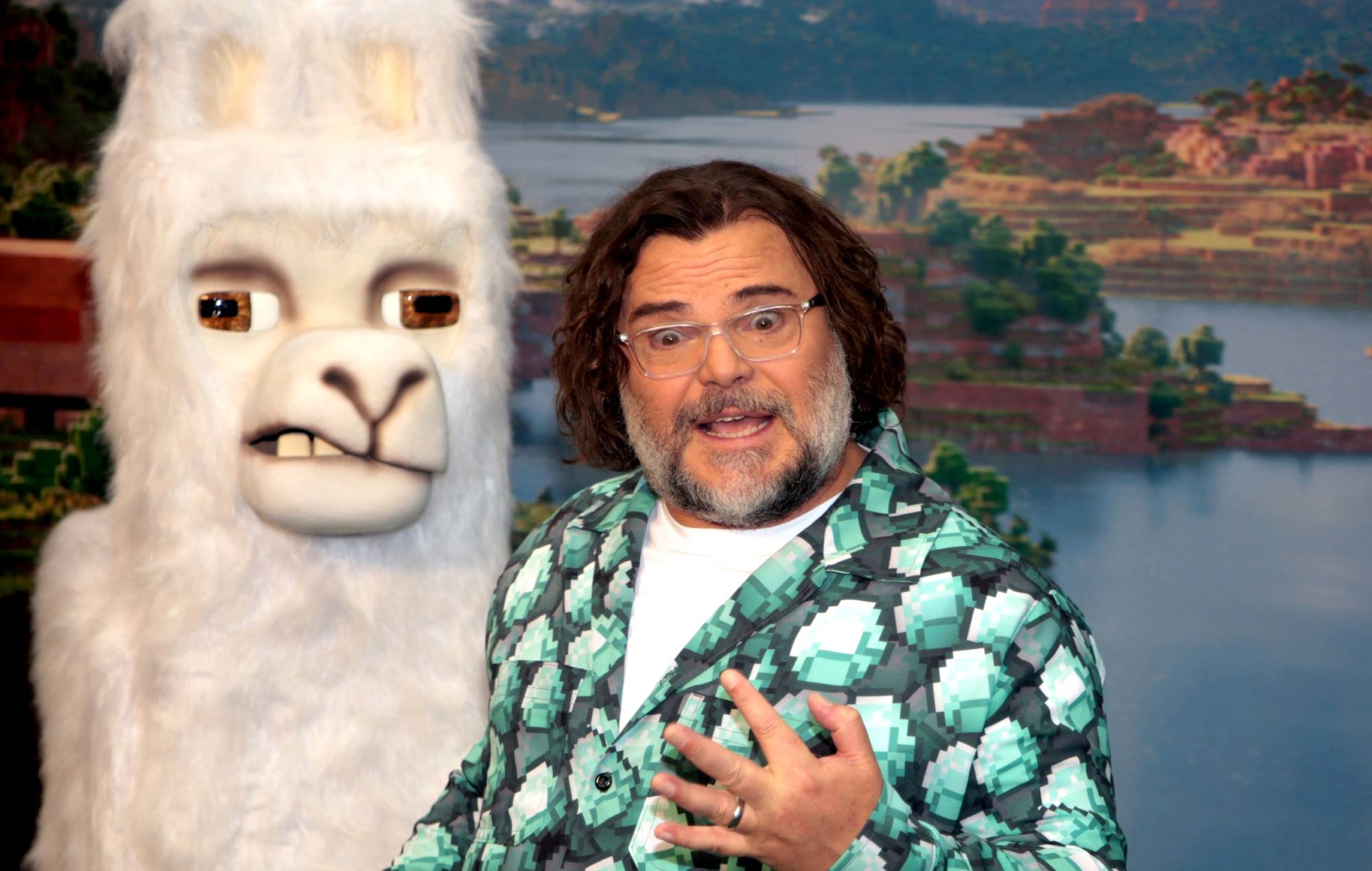Fejká’s new album Azur, out now on his freshly launched Coexist label, is both a continuation and a shift. Building on the emotional, atmospheric sound he’s known for, the project leans even more into simplicity — stripping tracks back to their most essential parts while still holding onto a sense of warmth and depth. Lead single “Calima” and the title track “Azur” balance club momentum with soft textures, reflecting the dual energy he’s built his sound on.
That approach comes through clearly in this interview. Fejká shares how he balances minimal structure with rich detail, how perfectionism can cloud the original spark, and why his live shows often function as a testing ground for musical ideas that don’t make it into final releases. It’s a practical look at restraint — not as a trendy aesthetic, but as a real-world discipline that helps him stay connected to what matters.
With Azur now out, a full European headline tour locked, and Coexist ready to grow into a new creative outlet, Fejká’s latest chapter feels focused, thoughtful, and still fully grounded in emotion.
Follow Fejká: Instagram | YouTube | SoundCloud | Spotify | TikTok
What have you learned about the power of simplicity in your music?
I think the balance between a simple structure (the body) and a complex atmosphere (the soul) really fascinates me. Especially when playing live, it’s very interesting to observe the impact each element of a track has and how it shifts the overall feeling.
For live shows, I tend to mix my tracks a bit “simpler” — focusing on drums, bass, and main leads — while reducing the atmospheric elements. Sadly, a lot of the beautiful stereo and headphone nuances get lost on big stage speakers. But sometimes, on really good systems, those layers can become a game changer again.
I still remember listening to Max Cooper’s new album in Dolby Atmos at ADE 2024 — it was absolutely incredible.
Do you find it hard to strip things down?

Yes, definitely. It’s a daily battle with my own perfectionism. In music production, putting more work into a track usually makes it better — but only up to a certain point. Many people refer to this with the famous “80/20 rule”, but where that point lies is very personal.
The real challenge is to stay connected to the original feeling — that natural, emotional rush you get when you find a cool melody. Preserving that first spark is crucial.
Stripping a track down to its true essence is key, but it’s rarely easy. For both of my album title tracks, Hiraeth and Azur, it took me over a year to find the right drop. Other tracks, like Maara or Faro, came together in just a few hours.
What’s your approach to removing unnecessary layers?
I usually start with tools like FabFilter to clean up unwanted frequencies — but I try not to overdo it.
Trackspacer also helps a lot to carve out space for important elements like vocals or leads.
Another important tool: asking myself honestly, “Is this layer really adding something essential?” I’ll solo it, listen carefully, then hear it in the full mix again — and ask the same question.
How do you know when a track is saying enough?
When it not only delivers a vibe that touches your soul, but actually takes that vibe on a journey — that’s when the track really comes to life. If I let go of a track for a few days or weeks, but it still keeps playing in my head — this is when I know that it’s good.
Another situation: try to listen to it in multiple different phases and moments of your life. Being happy, sad, in the club or just drunk at a friend’s balcony — if it really has something meaningful for you, it will stick to your head.
Have you ever cut something that was “cool” but not essential?
For sure — especially during the arrangement phase. At some point, I decided to treat my live shows as playgrounds where I can experiment more with “cool” ideas, while keeping the streaming versions focused on the essential core of the song.
What’s one simple idea that resonated far more than expected?

Many producers start a track already thinking about writing a “good song.”
Sometimes, I try to let go of that expectation and just focus on one simple idea — a melody, a sound design, or an instrument I want to explore.
Not overthinking gives me that playground feeling again — and meaningful melodies tend to appear much more naturally.
Do you believe simple ideas are harder or easier to write?
Making a track simple but complex at the same time — that is the really hard thing.
The post Fejká on Simplicity, Perfectionism, and the Tracks That Took a Year appeared first on Magnetic Magazine.


